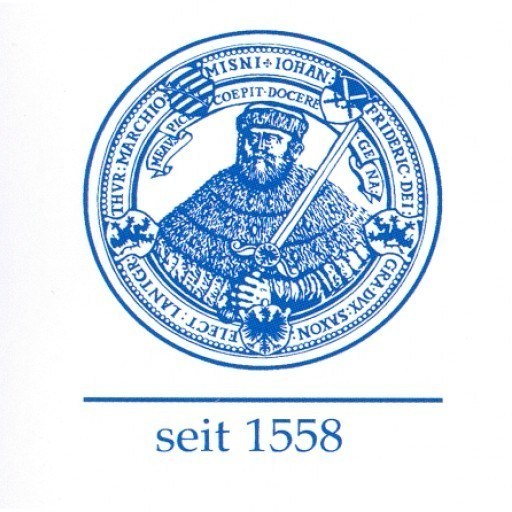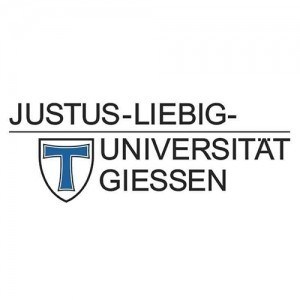Ecotoxicology at the University of Koblenz-Landau offers a comprehensive and interdisciplinary advanced degree program designed to equip students with the knowledge and skills necessary to assess and manage the impacts of chemicals and pollutants on ecosystems and human health. This program combines principles from ecology, chemistry, toxicology, environmental science, and statistics to provide a holistic understanding of how contaminants interact with biological systems. Students will explore various topics such as environmental contamination, bioaccumulation, ecological risk assessment, pollutant degradation, and sustainable environmental management strategies.
The curriculum emphasizes both theoretical foundations and practical applications. Students engage in laboratory work, field studies, and data analysis to develop a hands-on understanding of ecotoxicological methods and tools. They will learn how to design and conduct experiments, interpret complex data, and evaluate the environmental hazards posed by different substances. The program also highlights current challenges in environmental protection, including emerging pollutants, climate change effects on toxicity, and regulations governing chemical safety.
Throughout the course, students have opportunities to specialize in areas such as aquatic ecotoxicology, terrestrial ecotoxicology, or combined environmental risk management, depending on their interests and career aspirations. The program prepares graduates for careers in environmental consultancy, governmental agencies, research institutions, and industry, where they can contribute to the development of sustainable solutions for pollution mitigation and ecological conservation.
The University of Koblenz-Landau’s ecotoxicology program underscores the importance of interdisciplinary collaboration and innovation. Students benefit from a vibrant academic community, access to modern laboratories, and collaborations with industry and environmental organizations. By completing this program, graduates will be equipped to tackle complex ecological issues related to chemical contaminants, advancing environmental health and protection on a local, national, and global scale.
Educational organisation
The Master's programme comprises four semesters of full-time study with a total amount of 120 ECTS.The programme consists of nine compulsory modules to obtain a deep knowledge in the field of Ecotoxicology (55 ECTS). Furthermore, two optional modules (12 ECTS) out of four fields, i.e.
- Applied Environmental Chemistry and Physics
- Applied Ecology
- Geoecology
- Socioeconomics and Environmental Management
An Applied Module at External Organisations (10 ECTS), an eight-week internship at an external research institute or industry partner in Germany or abroad, provides practical work experience in the second semester. The third semester is characterised by its focus on a Research Project Course (12 ECTS), in which students participate in a project under guidance of university staff for ten weeks. In addition, graduates have the opportunity to take part in four one-day excursions during their studies (1 ECTS). Finally, the degree is to be completed in the fourth semester with a six-month Master's thesis (30 ECTS).
Study abroad unit(s)
Not necessary, but optional for internship or Master's thesisInternships
An internship of eight weeks (Applied Module at External Organisations) is to be completed during the second semester. The programme adviser and lecturers will assist students in finding an appropriate internship.Forms of assessment
Written and oral exams, project work, lab report, presentations, Master's thesisCourse objectives
The Master's programme enables graduates to conduct independent scientific work and prepares them in particular for independent and leading positions in the numerous emerging fields of ecotoxicology. Graduates are able to assume responsibility in a professional manner in various fields of ecotoxicology:- Scientific facilities and research institutes
- Environmental protection organisations
- Authorities, public offices and ministries with a regulatory role
- Non-governmental organisations
- Industry and consulting enterprises
Language requirements
Good active and passive English language skills are required (B2 level), but there is no formal English language requirement.Academic requirements
Bachelor's degree in Environmental Sciences with the final grade "good" or better (2.5 on a 6.0 scale with 1.0 being the best grade)or
Bachelor's degree with environmental scientific orientation at a German or foreign university with the final grade "good" or better if the study programme contains the necessary previous knowledge
or
At least six semesters of study with environmental scientific orientation at a German or foreign university with the final grade "good" or better if the study programme is equivalent to a Bachelor's degree or of higher quality and contains the necessary previous knowledge
Enrolment fees
About 120 EUR per semester covering contributions to the student body and the student unionCosts of living
We estimate that you need around 600-800 EUR per month for rent, food, books, clothes, phone, health insurance, semester contribution, and recreational activities.Job opportunities
A limited number of jobs are available at the university (i.e. as study assistants). Students who speak good German can also find part-time jobs outside the university.Please note: Due to the intensive nature of the programme, students might find it difficult to work while studying.
Funding opportunities within the university
The university has a limited number of scholarships to support excellent international students in our international Master's programmes during their first semester. The scholarship covers 400 EUR per month during the first semester at the University of Koblenz-Landau.http://www.uni-koblenz-landau.de/en/international-en/incomings/scholarship/weco-scholarship
Arrival support
Prior to their arrival, international students are already in contact with the Welcome Center and the programme advisor. Students will be collected upon arrival at the main railway station in Landau by student assistants or mentors.During the Welcome Days at the beginning of every semester, first-year students can clarify all questions concerning their studies. Furthermore, an intensive orientation programme for foreign students helps them to deal with administrative issues. This helps the students settle in and feel comfortable at the university. City walking tours, library and university tours, social activities for first-year students, and an introduction to the lecturers and the institutes at the university are provided.
Services and support for international students
The Welcome Center on campus is the main point of contact for students regarding administrative matters. Intensive support is also provided by the advisory service, lecturers, and professors of the Master's programmes.Buddies (older or graduate students) are paired with incoming students and offer support in everyday situations.
Furthermore, due to the small number of students, direct contact and communication between students of different semesters is easy.
Accommodation
Accommodation is available in student residences or on the private housing market. A certain number of rooms in student residences is reserved for incoming international students.Students can contact the Welcome Center of the university for further information on the application process or the search for private housing.
E-mail: welcome@uni-koblenz-landau.de










